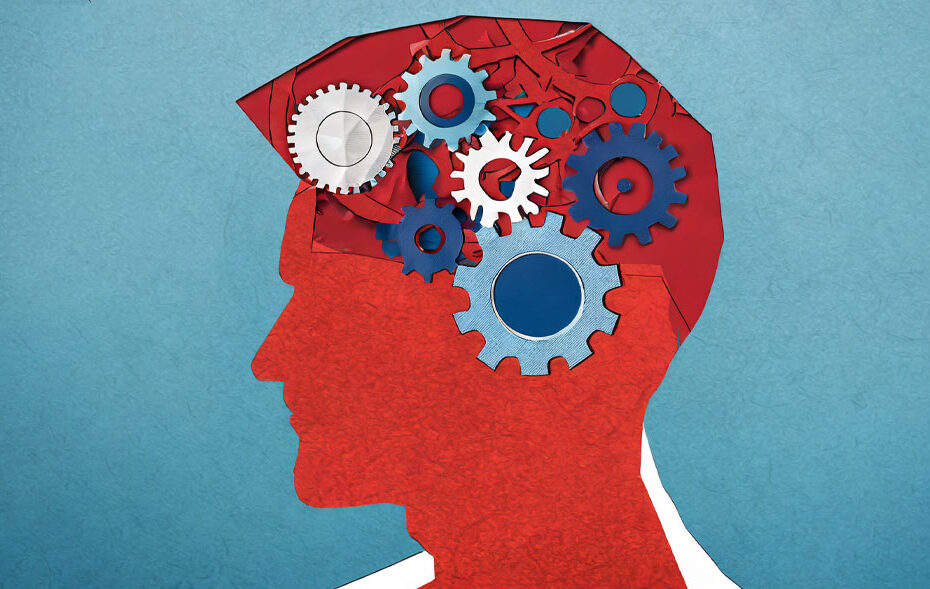By Judie Brown
Recently a brilliant article appeared in the New Oxford Review. Entitled “Engaging the Morally Unconscious Person,” author Christopher M. Reilly delved into the quicksand created by those who refuse to acknowledge the inherent value in looking deeper into the meaning of what it means to be a human being. In the process, he challenged those of us who fight for life to avoid alienating the very people we strive to educate. He asked, “How . . . can we achieve honest insight into anti-life attitudes while retaining the firm conviction that such mindsets are gravely mistaken?”
I found Reilly’s analysis so helpful to the work we do as we strive to save babies, change hearts and minds, and win small victories along the way that I wanted to share a bit of his wisdom. Naturally, if you choose to read the entire article, you will be even more grateful for having done so. But I digress!
On the subject of anti-life attitudes, he writes that such attitudes
often stem from a visceral passion for justice (e.g., for women struggling with unwanted pregnancies) that is distorted because it assigns a higher priority to reducing suffering or defending legal rights than to protecting the full integrity and dignity of human life. This “justice” is also partial to the interests of a favored group. Such an attitude favors an instrumental kind of practicality in which the immediate effectiveness and easy measurability of relief carries more weight than consideration of the ultimate, immeasurable purposes that are being pursued, especially those of the spiritual and religious kind. According to [Dietrich] von Hildebrand, this type of morally unconscious person “shuns submission to the moral order” and “wants to neutralize” his response to moral values by focusing instead on physical (or, we might add, psychological) goods like the alleviation of suffering.
We do not have to look very far to witness this type of distorted thinking among those who turn a blind eye toward the existence of the preborn child, preferring instead to focus on women’s rights and/or what such folks call reproductive rights.
This called to mind something a wise doctor named Herbert Ratner once said during a talk. A light bulb moment for me, he said we must always remember that animals reproduce but human beings procreate.
This simple difference is precisely where the disconnect between biological/rational truth and moral unconsciousness begins.
And as Reilly writes, “The morally unconscious person is often uncertain in his commitment to the value of human life and is, therefore, easily swayed by relativist arguments that appear to justify selective treatment of human persons.” Reilly explains that such a person “is also easily enthused about the ‘progress’ of biotechnology in such capabilities in genetic engineering, three parent in vitro fertilization,” and so forth.
But his most important point is that “those who are not alertly grounded in the essence of moral goodness will be incapable of deriving the moral intuition needed for successful navigation among the increasing array of available bioethical options and actions.”
To help such people, we are obliged to not only confront them but to do so by way of an invitation to transcend the natural inclination to argue. In other words, we have a golden opportunity to focus on the one truth that “the principle of goodness is the Person of God.” Thus our conversation becomes “an invitation to a relationship of love.” As Reilly states, “It is also a challenge to engage in the kind of self-transformation that does not seek to acquire some good but sheds the prideful arrogance and unfaithful insecurity that inhibit the striving for some kind of perfection. With love of God, love of neighbor—along with the neighbor’s divinely bestowed dignity—is brought into the light.”
By helping others in a spirit of love to see the beauty of the truth of God’s plan, we are also helping ourselves. At this time of year, or any time for that matter, we are called to renew our commitment to, as St. Paul taught the Ephesians (4:15), “live by the truth and in love,” for only then shall we “grow completely into Christ.”
In doing so, we are bringing His truth and light to the morally unconscious.
